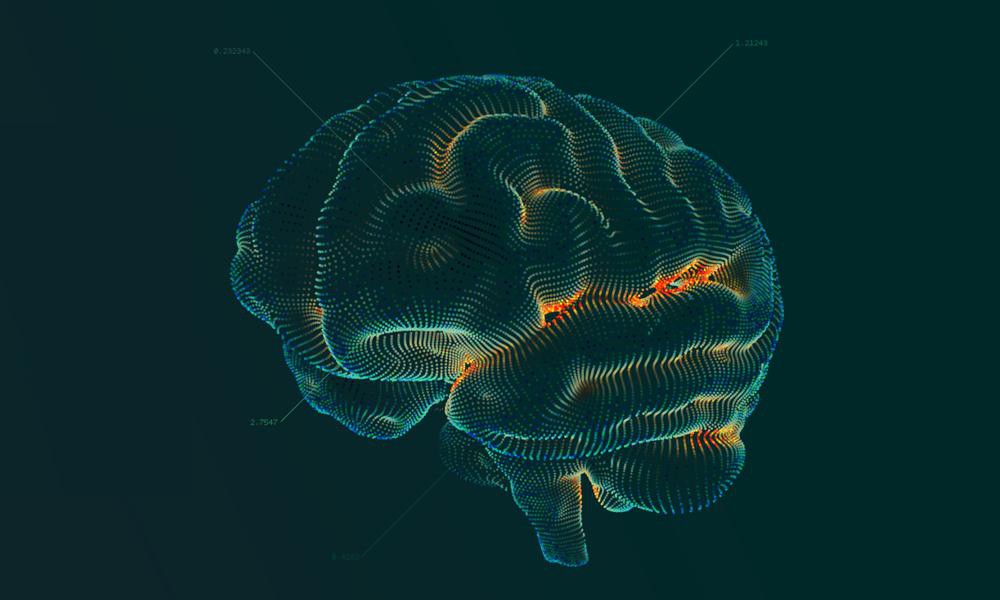Benjamin Avshalomov
What Does Intellectual Capacity Mean to Us?
As parents of children who are undergoing neuropsychological evaluations or as test takers ourselves, we often wonder what our intellectual capacity says about us or our child. Intellectual capacity, our very ability to think, learn, plan, and understand ideas, can bring up all sorts of emotions and questions. Moreover, questions arise when trying to make meaning from a 2-3 digit number like an IQ that often holds an over-ascribed meaning. Scores could feel daunting, like an assigned grade. For example, if a child receives an IQ of 90 a parent might think that could explain why their child is struggling in school, but that is not necessarily the case. Performance on a single assessment or measure of intellectual ability is only part of the picture and means very little without other sources of information.
Before we speak about how intelligence is measured, we must define what intelligence is. Today, psychologists view intelligence as an array of different abilities that each have their own possible implications rather than intelligence being a singular measurable ability. For example, fluid intelligence, measured by perceptual reasoning, is very different from crystallized intelligence, measured by verbal comprehension. Modern theories that view intelligence as many different abilities help us better understand how and why we perform certain ways on tasks. This in depth understanding of our cognitive abilities helps us gather more detail as we look into working memory, inhibitory control, planning, processing speed and other categories. This also leaves us more room for us to understand and celebrate our differences.
Intellectual Capacity and Executive Function
Intelligence might not always translate into our ability to succeed in tasks. Actually, research shows that our executive functioning abilities, a set of cognitive processes and mental skills that help us plan, monitor, and successfully execute our goals is not necessarily related to intelligence. Children with ADHD might score very high on a general intelligence assessment but may struggle with executive function capabilities. Even when looking at specific categories it is important not to attribute too much value to something. An extremely high score on verbal comprehension (crystallized intelligence) might not mean that a person is happy or completing daily tasks well.
The Assessment Process
First and foremost, clinicians must gather ecological information about our clients environment, history and the context of the individual’s learning and development. Understanding how culture and community present in our daily lives is also critical. Ecological information is necessary and without them, intelligence tests could be easily misinterpreted.
When testing for intellectual capacity, standardized and norm-referenced tests are the most common measures. These are tests like the Weschler Scale of Intelligence, The Stanford-Binet Intelligence Scale, the General Intellectual Ability test, the Woodcock-Johnson Test of Cognitive Abilities and so on. Norm-referenced tests seek to understand how the individual's performance compares to the test’s norms. These norms are usually set by testing large groups of individuals. A combination of tests is called a battery and they are used to gather as much information as possible.
Change in Ability and Development.
It's important to note that our cognitive abilities are not set in stone. They can be influenced to some degree by our environment, especially in our earlier years. Activities at home or in school can fortify and improve cognitive skills and academic performance. Parents and teachers could play a positive role in helping their children reach their potential. Being a role model, working collaboratively with educators, and setting appropriate expectations are some ways parents could help their children. Developmental factors, which could differ from person to person, also play a role in shaping our cognitive abilities throughout our lifetime. We must stay hopeful and cherish our abilities as we find ways to maximize and understand our potential.
Resources and References
- Journal of Intellectual Disability Research https://dadun.unav.edu/bitstream/10171/63342/1/J%20intellect%20Disabil%20Res%20-%202021%20-%20Erostarbe%E2%80%90P%20rez%20-%20Executive%20functions%20and%20their%20relationship%20with%20intellectual%20capacity.pdf
- National Association of School Psychologists https://www.nasponline.org/Documents/Resources%20and%20Publications/Handouts/Families%20and%20Educators/Intellectual_Ability_and_Assessment.pdf
- Open Textbook (B.C. University) https://pressbooks.bccampus.ca/psychologicalroots/chapter/historical-and-contemporary-conceptions-of-intelligence-limitations-and-biases/



